What is DNK, how does it infect and affect the sector?
In the Basque Country, no cases have yet been detected, but prevention and surveillance measures are being put in place. Here are the keys to this disease and its effects on the livestock sector.
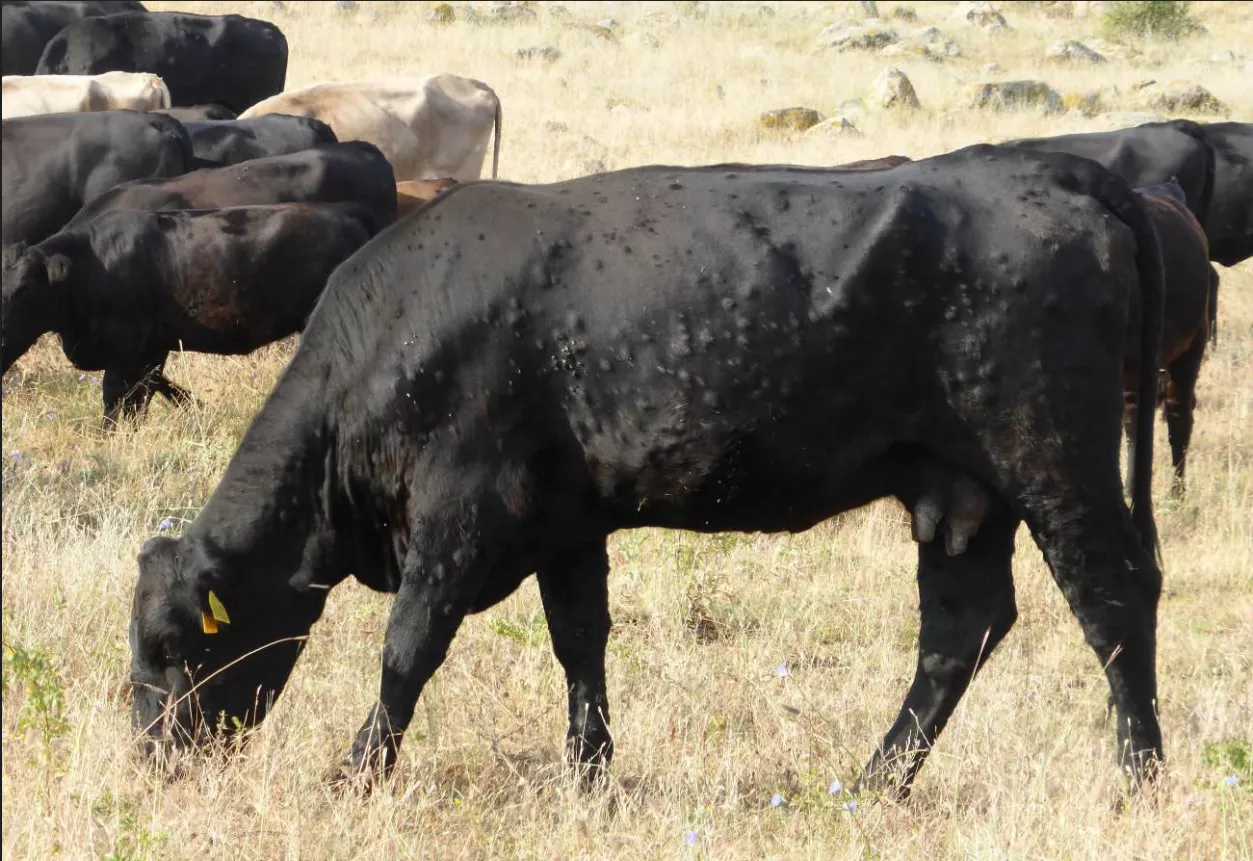
The Contagious Nodular Dermatosis (DNK) has alerted the livestock sector of the Basque Country in recent days to the factthatalthough there are still no cases of this disease in the country , there is an outbreak in Girona (Catalonia) and there are active sources in southern France and Italy.
In a preventive manner, livestock farms, veterinarians and public bodies have begun to take action throughout the Basque territory.
What is the Contagious Nodular Dermatosis and who does it affect?
The Contagious Nodular Dermatosis (DNK) is a viral disease that affects animals (especially bulls and cows) and is characterized by the appearance of nodules (knuckles) on the skin and other internal organs.
It is mainly caused by a virus transmitted by insects (mosquitoes, flies or ticks) and, to a lesser extent, by direct contact between animals.
This disease is not transmitted from animals to people.
What are the symptoms?
The virus causes fever, nodules and internal organs of the skin and mucous, as well as exhaustion, inflammation of lymphatic nodules, skin edema, and sometimes death of the animal.
In addition, infected animals may suffer from respiratory or digestive discomfort, including lack of appetite, resulting in a decrease in the productivity of milk and meat.
What impact does it have on the sector?
The regulation obliges the entire herd to be slaughtered if only one infected animal is detected. Xabier Iraola (ENBA) explains to Orain.eus: "If a single animal from a farm were to be slaughtered, it would mean that all animals would have to be slaughtered, which in most cases would mean the same closure of the farm." According to Iraola, turning the blow of this magnitude would be very difficult, if not impossible.
Although no cases have been detected in the Basque Country, the emergence of cases in Spain has led toa change in the state's health status and epidemiological status. Countries that do not have a specific disease often close imports from affected countries, whether animals or derived products, which inevitably damages the livestock economy.
In the case of the Basque livestock sector, exports are currently of little concern, since the volume of exports is not high, although, as Iraola explained, the cleaner a country is, the easier it will be to obtain export certificates.
However, each country imposes its barriers and restrictions. In this case, for example, Morocco has banned all imports of live animals from Spanish territory. But Libya, which is an important market, has opted for regionalisation: that is, it will not import livestock from affected regions (such as Girona), but from 'clean' regions.
Can it be prevented by mass vaccination?
The Contagious Nodular Dermatosis is considered a type A disease and no preventive vaccination is permitted.
"The risk of infection is so high that preventive vaccines are prohibited," explains Iraola, "because vaccines are never 100% effective and would always leave some loophole in the virus. According to European legislation, "the only way to combat the spread of the disease is to eliminate them completely on farms or areas already affected."
Each farmer must therefore take biosafety measures, such as quarantine of new cattle, control of vehicles and persons entering farms, special attention to disinfection, and thorough examination of cattle in order to detect possible diseases as soon as possible.
You might like
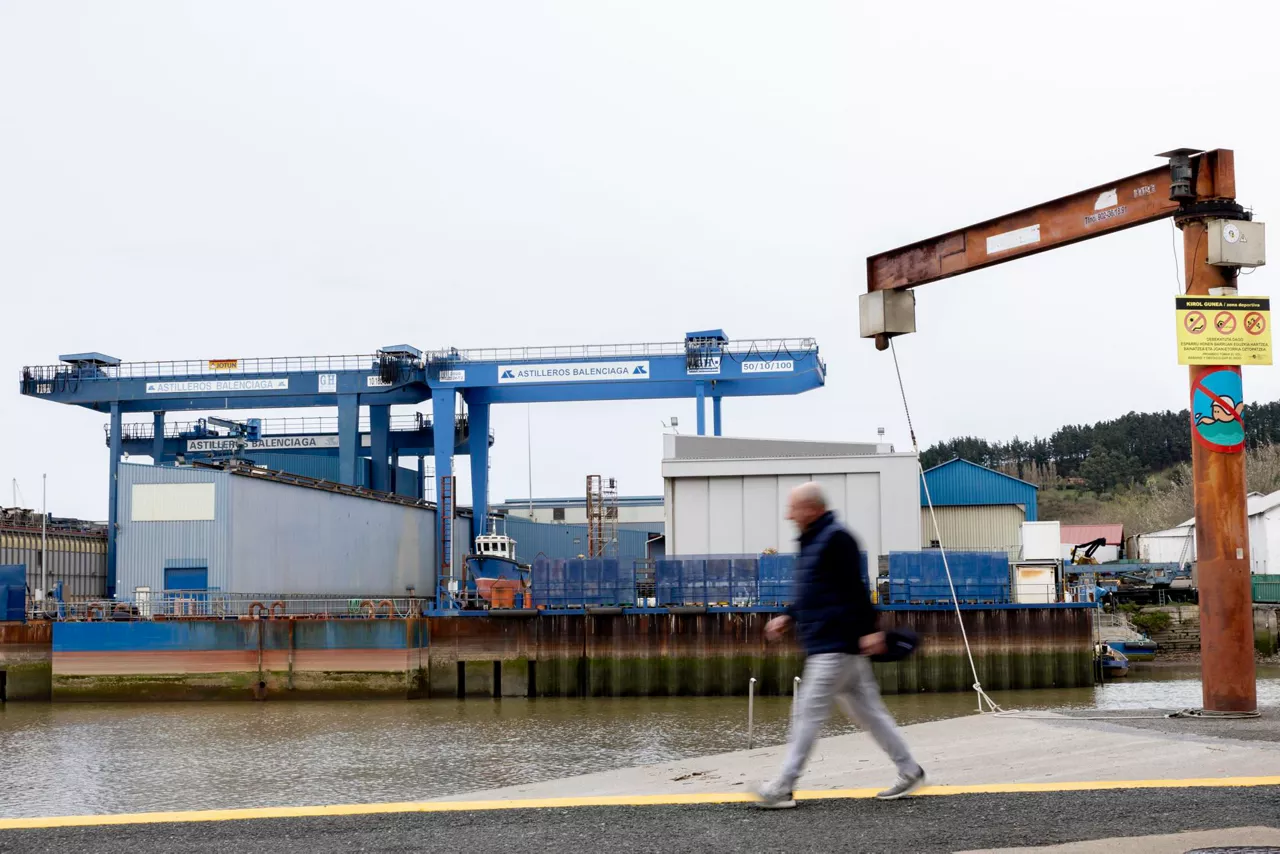
The Government grants the shipyard Balenciaga another ten years' leave to continue its maritime activity
The Department of Food, Rural Development, Agriculture and Fisheries has announced that it will relinquish a plot of 22,400 square metres of land, the use of which has been limited by the Government to the construction and repair of ships. The Balenciaga shipyard has 10 days to pay for this authorization or to make allegations.

The Provincial Council of Álava and United Podemos Ezker Anitza-IU have agreed to approve the 2026 budgets
The pact was considered safe after the purple party withdrew its amendment to the whole last Friday, but it was not completely closed.
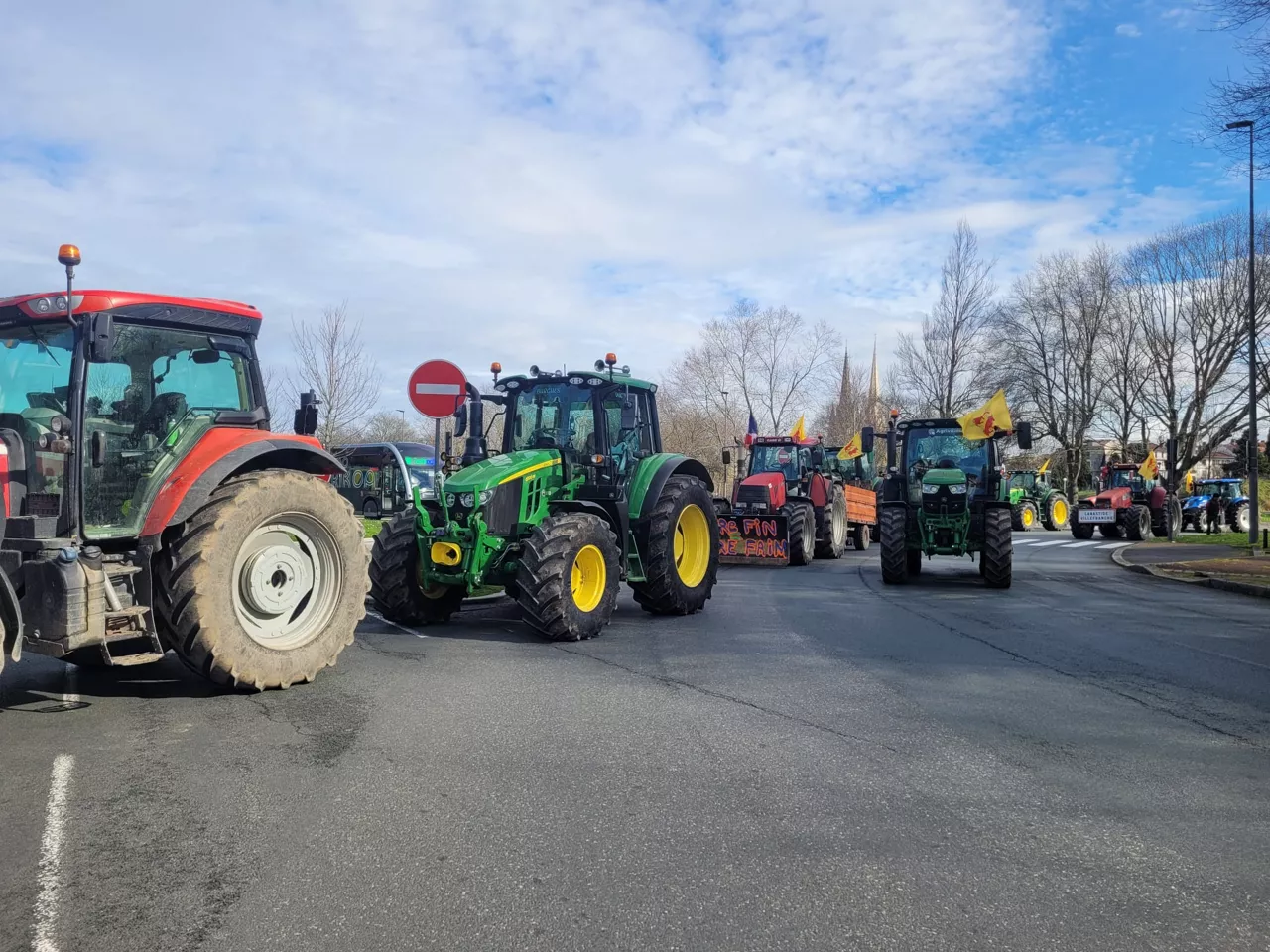
The French Government will begin vaccination against dermatosis of one million cows in the south-west on Monday
Meanwhile, in the Northern Basque Country, the Prefect will hold a meeting on Monday afternoon with representatives of the Pauen Confederation Paysanne and the ELB.
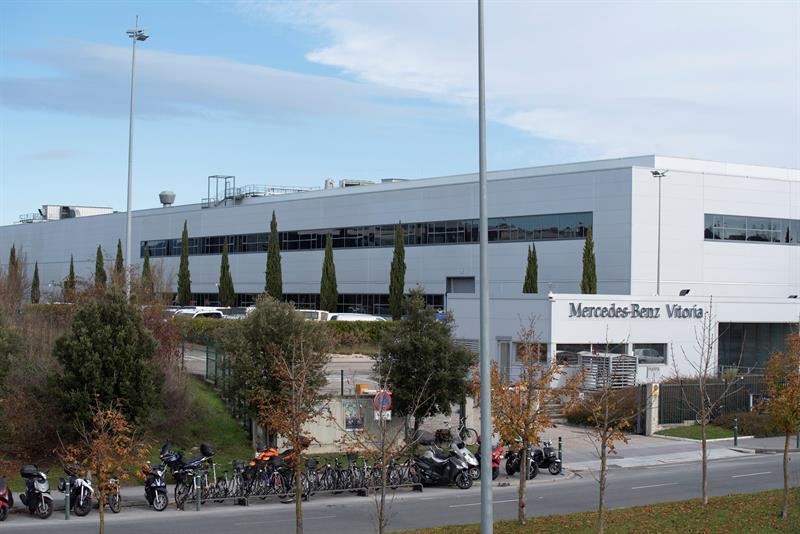
Mercedes workers in Vitoria are called to a one-hour stoppage on each shift, from Monday to Thursday
Tomorrow, Monday, the stops will begin, but without mobilization, but on Tuesday and Thursday there will be rallies at 14:15, with shift changes outside the factory.
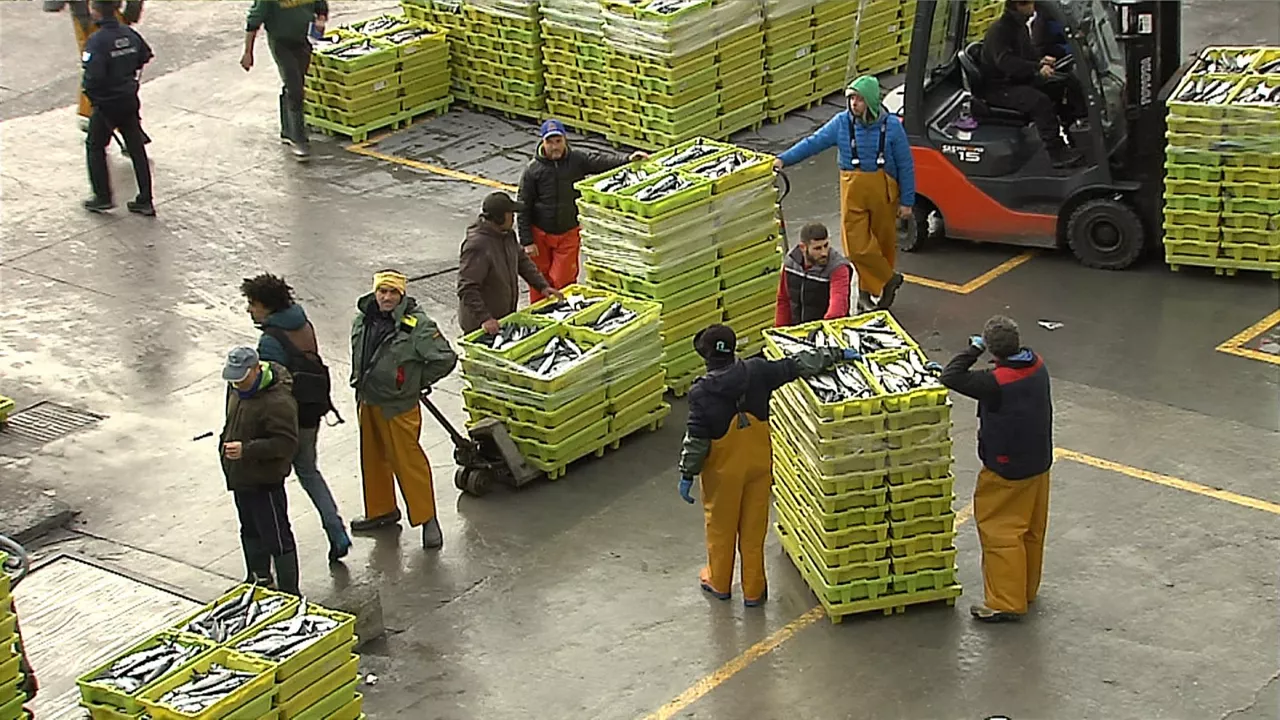
The fishermen of Bizkaia and Gipuzkoa have made a bittersweet assessment of the fishing quotas set by the EU
The agreement reached is bad news for Ondarroa's tall fleet, which, among other things, has reduced the quotas for hake and rooster, but the most affected are small vessels that fish for mackerel with bait, which have reduced the number of catches by 70%, while for inshore fishermen the agreement is' positive 'due to the maintenance of the fair share and the increase in the share of bluefin tuna and anchovy.
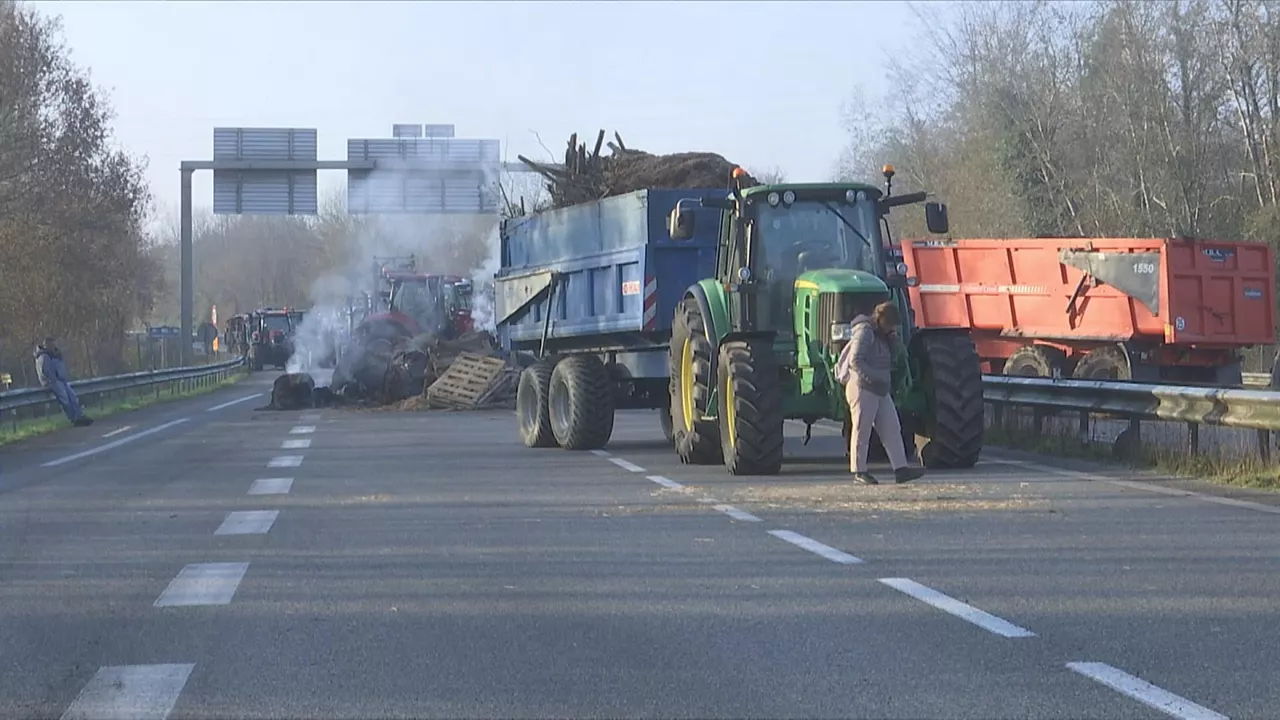
Northern Basque farmers block the A64 to denounce measures against nodular dermatosis
The mobilizations were launched last night and tractors and bales of straw were placed on the road. The French Government has taken drastic measures to control the disease and has ordered all the cows on the farm to be slaughtered in the event of a case.
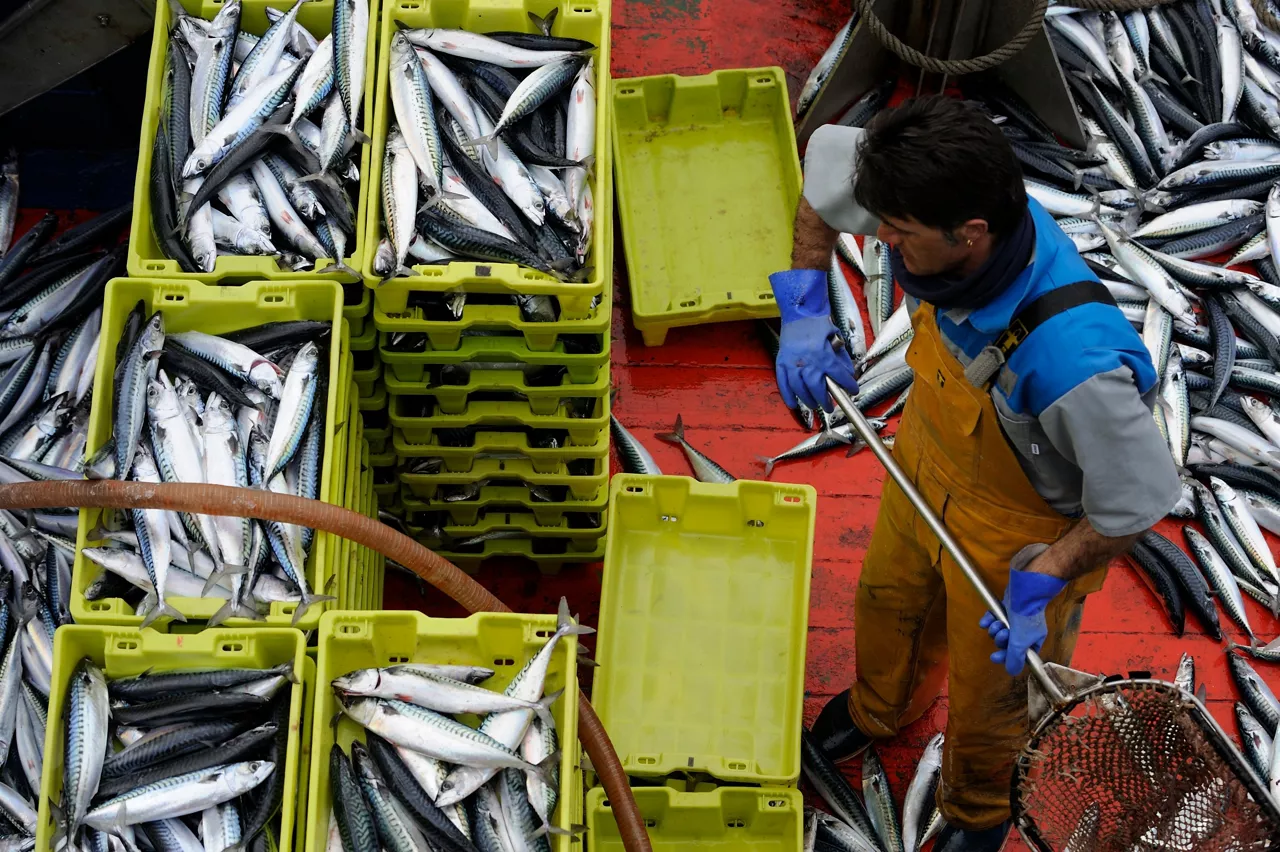
The Basque Government is seeking measures to alleviate the losses of the reduction of verdel fishing
It will convene meetings to analyse the economic impact of the new quotas and to consider measures to mitigate losses. In addition, theEuropeanUnionprovides for restrictions for other species .
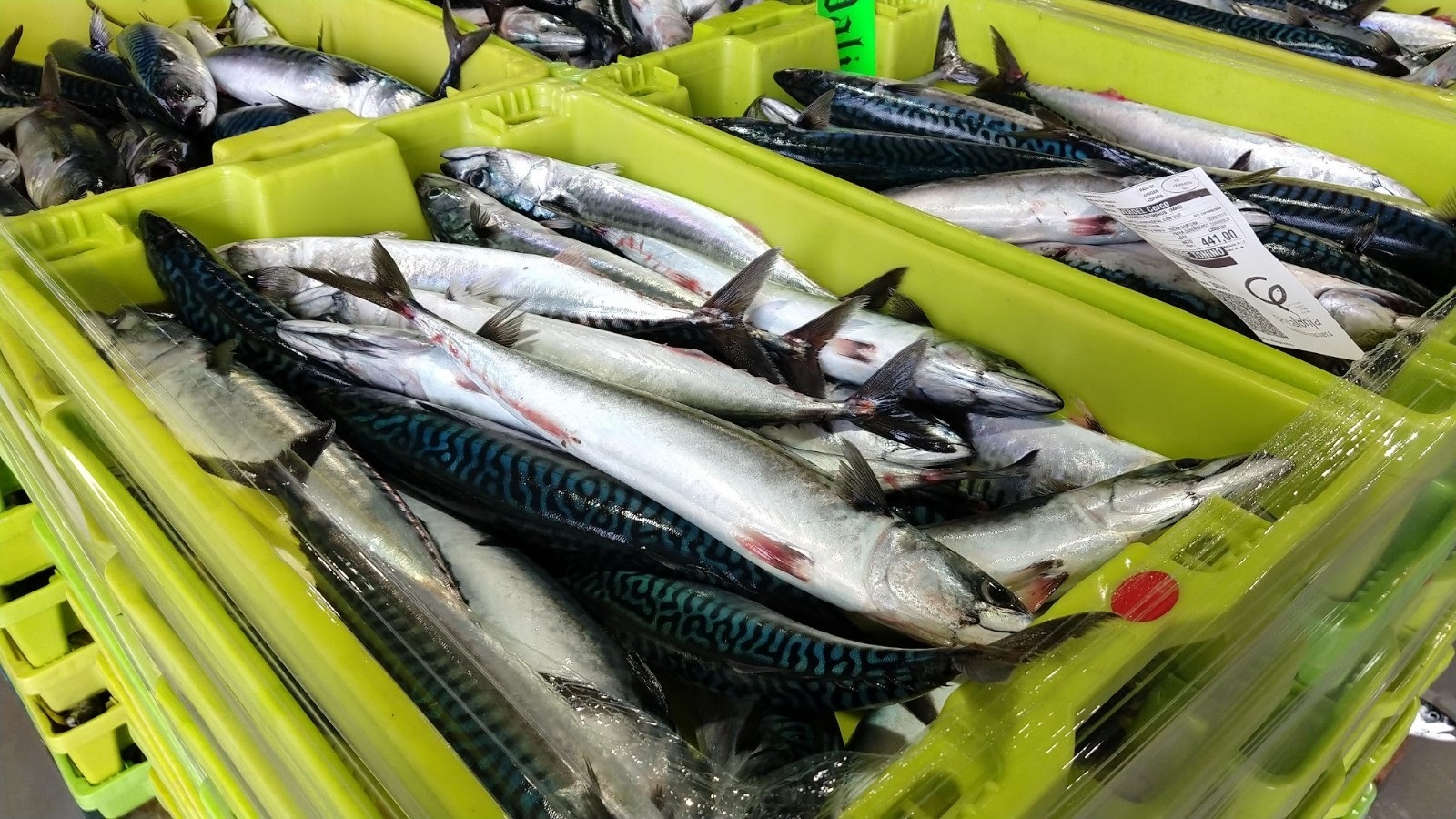
The EU has reduced verdel fishing by 73% for the first six months of 2026
As far as anchovy is concerned, good news for Basque fishermen,sincethe maximum limit of (catches of 29,700 tonnes)has been authorised.

The EU will impose a rate of EUR 3 from July on purchases made on the Shein and Temu platforms
The final tariff reform planned for 2028, with which the EU intends to put an end to the exemption from tariffs on products worth less than EUR 150, will remain in force until the entry into force of the final tariff reform.
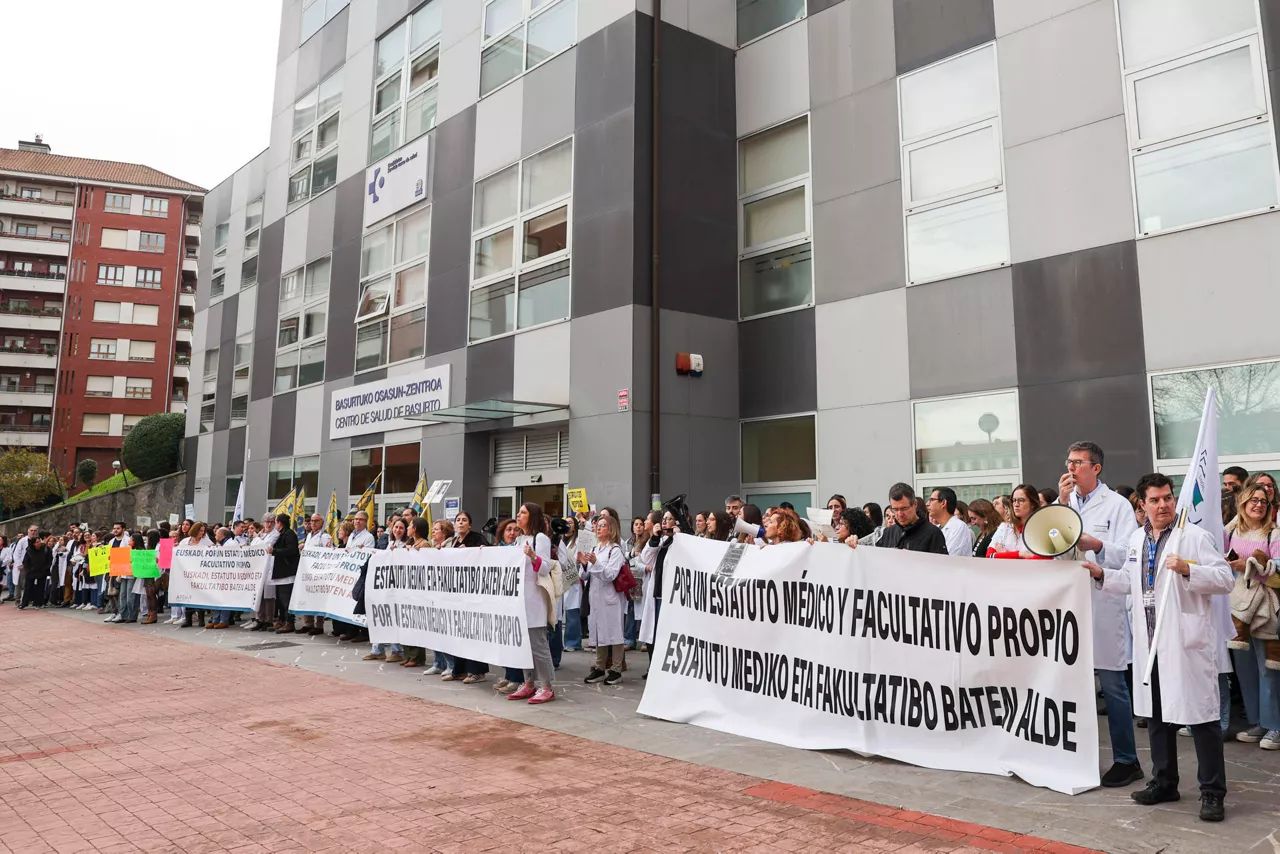
The medical strike in the ACV on Friday has been followed up similar to the previous days
According to data provided by Osakidetza, unemployment in the morning shift was 19.63% and in the afternoon it was 9.22%.

